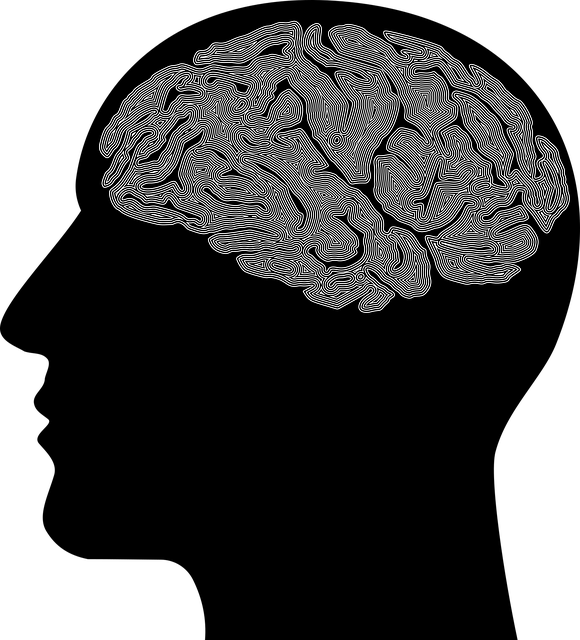Arvada Couples Communication Issues Therapy emphasizes creating safe, inclusive group environments where participants feel heard and respected. Facilitators model open communication, active listening, and emotional regulation techniques, introducing conflict resolution tools from the start to enhance interpersonal skills. This supportive setting fosters trust, encourages vulnerability, and promotes stress reduction through free expression of thoughts and emotions. Skilled facilitators navigate group dynamics, ensuring respect, confidentiality, and effective conflict management for a healing environment addressing communication issues and trauma, in line with mental health policy goals.
Mental wellness group facilitation is a powerful tool for fostering connection, understanding, and healing. In this article, we explore effective techniques for facilitating engaging and supportive groups focused on mental wellness, particularly within the context of Arvada Couples Communication Issues Therapy. From setting the foundation with safe spaces and icebreakers to facilitating active discussions and addressing individual needs, discover strategies to create a transformative environment that enhances communication and promotes sustained mental wellness.
- Setting the Foundation for Effective Group Facilitation
- – Establishing ground rules and safe spaces
- – Understanding group dynamics and confidentiality
Setting the Foundation for Effective Group Facilitation

In the context of Arvada Couples Communication Issues Therapy, effective group facilitation begins with setting a strong foundation. This involves establishing a safe and inclusive environment where every participant feels heard and respected. The facilitator should model and encourage open communication, active listening, and emotional regulation techniques to foster a sense of trust and understanding within the group. By promoting mental health awareness, facilitators can help members recognize and manage their emotions effectively, setting the stage for meaningful interactions.
Additionally, introducing Conflict Resolution Techniques from the outset equips group members with valuable tools for navigating differences constructively. Through role-playing scenarios or guided discussions, participants learn to express their needs assertively, practice empathy, and resolve conflicts peacefully. This not only enhances their interpersonal skills but also strengthens their ability to address underlying issues that may be impacting their mental wellness.
– Establishing ground rules and safe spaces

Creating a safe and supportive environment is paramount for effective group facilitation, especially when addressing sensitive topics like Arvada Couples Communication Issues Therapy. Establishing ground rules at the outset sets the tone for an inclusive and respectful session. These rules should emphasize active listening, empathy, and non-judgmental attitudes, ensuring every participant feels heard and valued. Facilitators can encourage open dialogue by fostering a culture of confidentiality, allowing individuals to share their experiences without fear of stigma or repercussions related to mental illness.
Safe spaces facilitate vulnerability and trust, which are essential for addressing communication issues in relationships. By promoting an atmosphere where participants feel comfortable expressing their thoughts and emotions, facilitators enable them to explore and challenge unhealthy patterns. This process not only aids in stress reduction methods but also empowers individuals to develop confidence boosting strategies that can positively impact all areas of their lives, transcending the boundaries of Arvada Couples Communication Issues Therapy.
– Understanding group dynamics and confidentiality

In facilitating mental wellness groups, understanding group dynamics is paramount. Each member brings their unique experiences and perspectives, forming a complex yet powerful tapestry of stories. Confidentiality becomes the cornerstone of this environment; it fosters trust, encouraging participants to share openly without fear of judgment or repercussions. This safe space not only enhances the therapeutic benefits but also encourages active engagement in discussions around sensitive topics like communication issues within relationships, as seen in Arvada Couples Communication Issues Therapy.
Group dynamics play a significant role in shaping the outcome of therapy sessions. Facilitators must be adept at navigating these interactions, ensuring everyone feels heard and respected while addressing potential conflicts or dominant personalities. By recognizing and managing group behavior, therapists can create an inclusive atmosphere that promotes healing, especially for those dealing with trauma, as offered by Trauma Support Services. This approach not only enhances the effectiveness of group therapy but also aligns with the broader goals of Mental Health Policy Analysis and Advocacy, advocating for supportive environments in mental health care.
Effective group facilitation in mental wellness settings, such as those offered by Arvada Couples Communication Issues Therapy, hinges on creating a safe and dynamic environment. By establishing clear ground rules and prioritizing confidentiality, facilitators can foster an atmosphere of trust and open communication. Understanding group dynamics is key to guiding conversations meaningfully and ensuring everyone’s voices are heard, making these techniques invaluable tools for enhancing mental wellness in Arvada.














